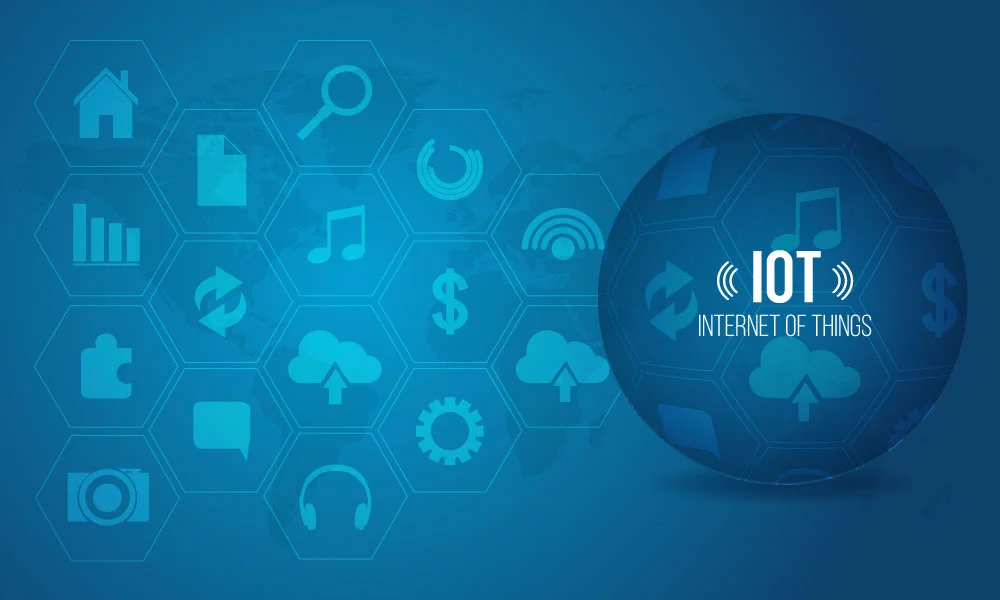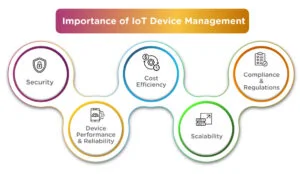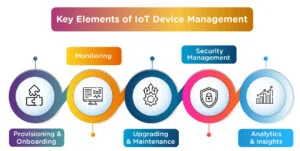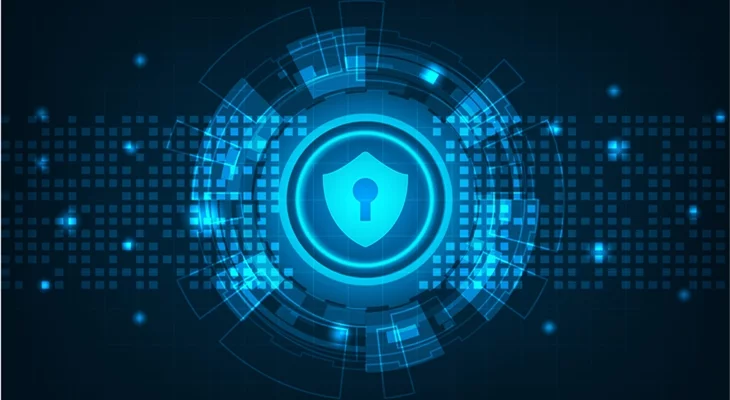Have you ever thought of a world where your home thinks of you? This is possible with the reality of the Internet of Things. The transformative force of IoT is reshaping the way we live and interact with our environment.
IoT devices typically include applications that integrate with smart homes and can be exemplified by devices such as smart thermostats, security cameras, and wearables like fitness trackers and smart shoes. IoT devices are everywhere, helping us make life easier and save much more time on routines and improvements to our daily lives. Nevertheless, managing multiple IoT devices can be critical. Let us understand what IoT device management is and why it is important.
What is IoT Device Management?
IoT Device Management refers to the process of tracking, managing, and maintaining IoT devices, from initial setting to update and securement. This includes tasks such as installing, updating, configuring, and securing the devices. It makes sure that all devices are working correctly and securely, so users can get the most out of them.
IoT devices include smart light bulbs, and complex systems used in healthcare, farming, and manufacturing. Each device carries its own needs and challenges. Internet of Things device management helps people and organizations handle these challenges and keep their devices running smoothly.
For instance, according to a published report in September 2024, the number of connected IoT devices worldwide is expected to grow by 13%, reaching a total of 18.8 billion devices.
Why is IoT Device Management Important?
As our homes and offices are getting smarter today, it is important to manage IoT devices. It makes sure these devices function properly and stay safe from online threats. Good management protects your personal information and improves the way these devices work.
Security
IoT security is one of the biggest concerns because of its devices, as they are always connected to the internet and have the risk of cyberattacks. It is dangerous to keep updating these devices daily as improper handling might get one's data hacked. Also, keeping the devices safe and proper installation prevents bad access from anywhere.
Managing the devices correctly would reduce security risks and all the sensitive data kept in that place can be safe. For example, a smart home system might control locks or cameras, so securing it is important for protecting your home.
Device Performance and Reliability
IoT device management helps in the smooth running of IoT devices. IoT devices must function properly and stay reliable over time. They should not malfunction or break down, so it is important to check them and update them regularly. For example, a smart thermostat can lose internet connectivity or malfunction and stop working as if it is not maintained. Internet of Things device management checks these problems, resolves them as soon as possible, and keeps devices in good condition.
Cost Efficiency
It helps businesses save money since their devices will be working at their best. Proper management will help decrease expensive repairs, prevent downtime, and extend the device’s lifespan. If devices are not properly managed, they may break down frequently, with increased repair costs and lost productivity.
IoT device management allows businesses to analyze how these devices are used and make data-driven decisions for optimizing operations. It may lead to better use of resources, reducing costs in the long run.
Scalability
As the number of IoT devices continues to grow it becomes a challenging task to manage them. Businesses can scale IoT operations without sacrificing control through these Internet of Things device management systems. A business can now add new devices easily, keep track of and monitor them better, and analyze their performance to expand without causing the complexity involved in managing increased numbers of IoT devices.
Compliance and Regulations
For businesses, compliance with laws and regulations is very important. Most industries have rules regarding data protection, privacy, and how devices should operate. IoT device management helps businesses follow regulations by keeping devices updated with the latest security fixes and tracking how they are used. In case any business or company is not following these rules, it can result in fines, legal problems, and harm to the company’s reputation.
Key Elements of IoT Device Management
Provisioning and Onboarding
Provisioning means getting new devices ready for use. This includes attaching the devices to the networks, installing software, and configuring the settings. It is a significant step to ensure that each device functions as it should from the start.
Monitoring
Once the devices are on and ready for use, they are kept under constant surveillance. This monitoring allows one to monitor the health and performance of each device. Thus, it helps in coming up with the issue as early as possible and provides fast troubleshooting.
Upgrading and Maintenance
IoT devices should be updated constantly to maintain them in good security and operational state. The updates may involve fixing bugs, performance improvements, or the introduction of new features. Maintaining them constantly ensures that devices are always in good working condition and are not outdated.
Security Management
Security is a significant aspect of IoT device management. Devices must be configured with strong security settings, including encrypted communication and secure passwords. Managing security helps protect the device from external threats, such as hacking, and ensures data privacy.
Analytics and Insights
Internet of Things device management involves gathering information on how the devices are being used and performed. This information can be analyzed to understand usage patterns and make decisions to improve the performance of devices or optimize operations.
Building a Smarter Future Through Effective Device Management!
IoT device management is essential for the smooth running of the ever-growing number of connected devices in today’s world. The process helps ensure that devices stay secure, reliable, and work at their optimal levels. Proper management of even a small number of smart devices in your house or thousands in a business setting ensures everything is working as expected.
Effective device management will become important, as IoT technology continues to evolve in the future. Businesses that can properly handle their devices are those that can outcompete other businesses, and individuals can enjoy the benefits without worrying about security or performance issues. For example, making IoT device management a priority is sure to provide a stronghold for years to come.
Explore more about IoT and other latest innovations at KnowledgeNile!
FAQ
1. Why is device management and IoT important?
A. Device management and IoT are important because they help keep our connected devices running smoothly and securely. This ensures that we can use them safely and effectively in our daily lives.
2. What is IoT and its importance?
A. IoT, or the Internet of Things, refers to everyday devices that connect to the internet. Its importance lies in making our lives easier, improving efficiency, and enabling smart solutions in homes, healthcare, and industries.
3. What is the importance of certification for IoT devices?
A. Certification for IoT devices is important because it ensures they meet safety and security standards. This helps protect users from potential risks and ensures the devices work properly.
Recommended For You:







